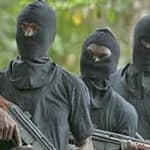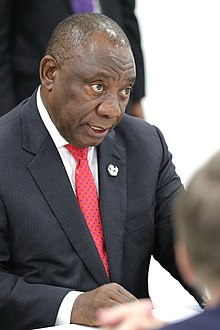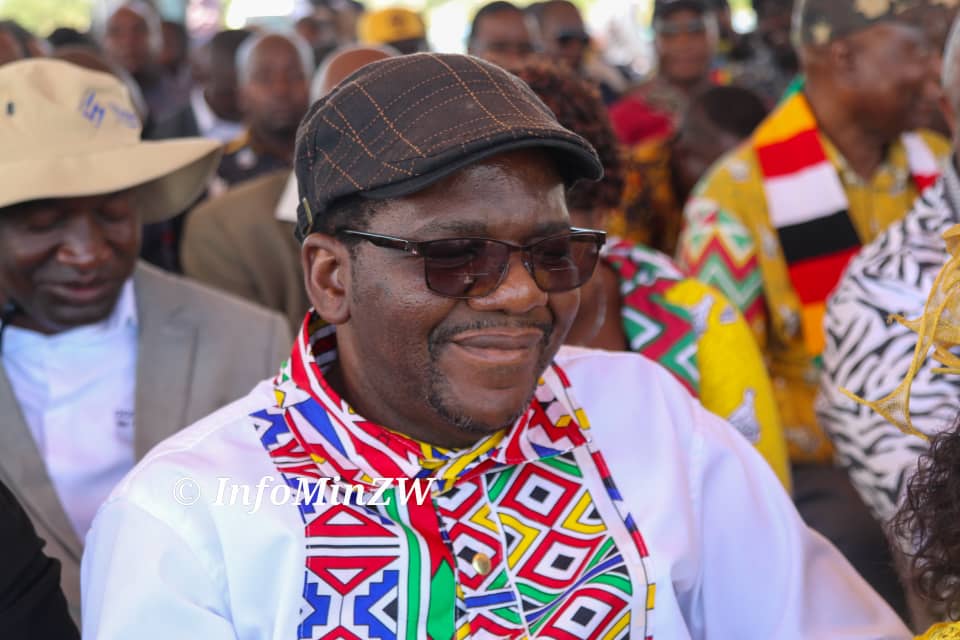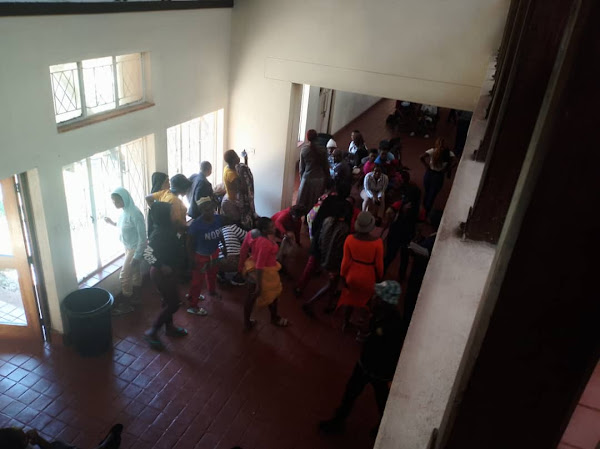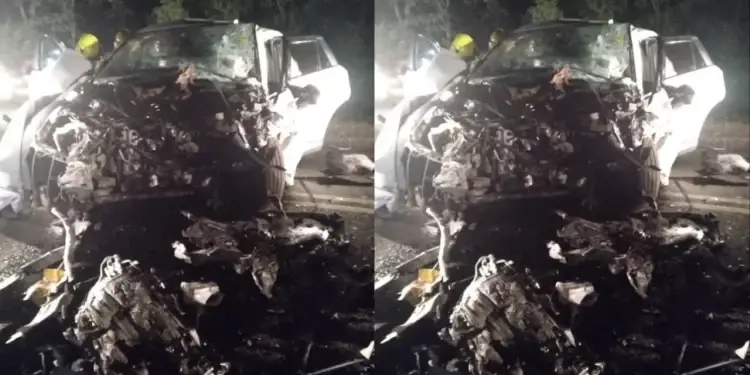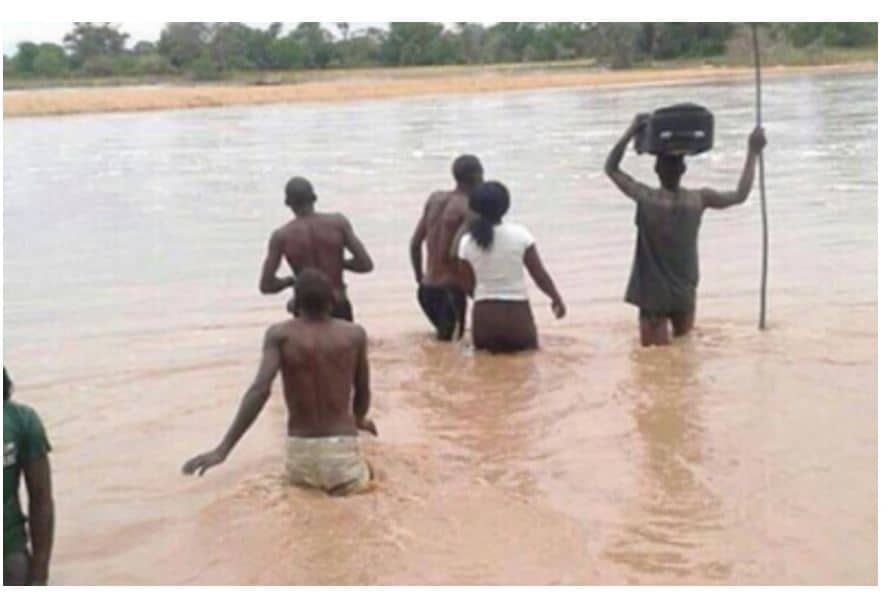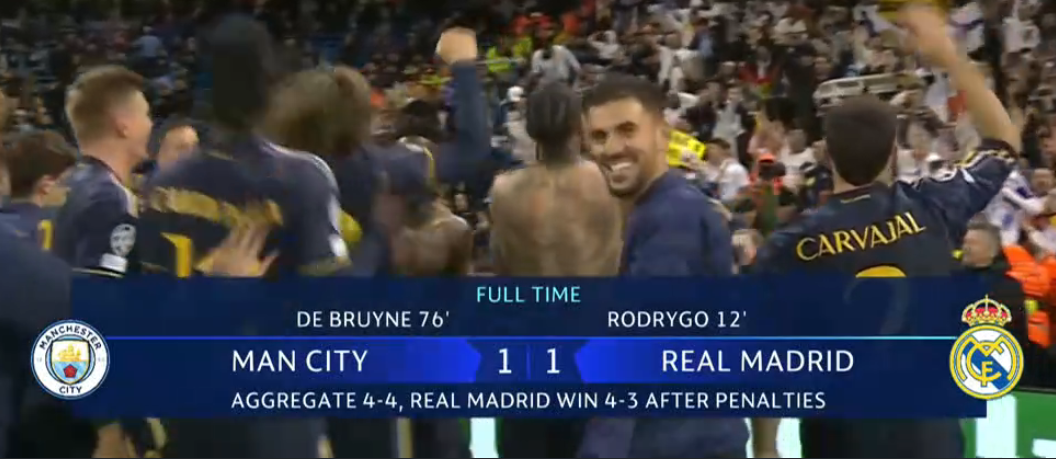In February, government representatives, civil society organizations and educators from the Kingdom of Eswatini, Mauritius, Malawi, Mozambique, Zimbabwe, and South Africa participated in a webinar to examine the collaborative efforts between the government and civil society to promote social justice and protect human rights during the COVID 19 era.
The webinar was held recently by the international peace organization, Heavenly Culture, World Peace and the Restoration of Light (HWPL) to celebrate the United Nations World Day of Social Justice.
On 26 November 2007, the General Assembly declared that the 20 February would annually be celebrated as the World Day of Social Justice.
This came after a recognition that social development and social justice are indispensable for the achievement and maintenance of peace and security within and among nations.
Speaking on the strides made in promoting social justice during the COVID 19 pandemic, Member of Parliament of Eswatini, Wilson Bomber Mamba said the role of government and society in realizing social justice entails bringing together all stakeholders to assess the consequences of the pandemic.
“Each stakeholder should define their responsibility in recognizing and redressing social justice with their work, supply chains and social responsibility agenda,” said Mamba.
“Governments must instill responsibility and hope, create the need for having human rights thinkers to design innovative human rights field,” he added.
The panel also included founding member of the United Nations Association of Mauritius, Nundkeswarsing Bossoondyal, Political analyst and radio talk show host on Power 987 FM in South Africa, Lukhona Mnguni and Professor Lovemore Madhuku, President of the National Constitutional Assembly of Zimbabwe, who noted that a strong civil society was important.
The President of the National Constitutional Assembly of Zimbabwe further shared that governments around the world need to ensure they are more open and transparent with people.
“[Government] needs to take ordinary people into their confidence, so they are not just recipients, develop a culture of putting out the challenges and not make ordinary people powerless because it undermines social justice,” he said.
HWPL is guided by three methodologies, that is, Declaration of Peace and Cessation of War (DPCW), the Alliance of Religions – Scripture Dialogues and Peace Education. During the pandemic, HWPL conducted online webinars to advocate for the DPCW, solidarity events for the freedom of religion and collaborated with prominent organizations to address the social impacts that were exacerbated by COVID 19.
HWPL Southern Africa Regional Manager, Nkanyiso Radebe shared in his speech, “The strength of our peace movement lies in the fact that it not only calls on state governments and leaders to advocate for the implementation of the three methodologies, but it also charges all global citizens, regardless of social standing, to participate in the movement as well.”
Radebe also added that it was through this that comprehensive cooperation between governments and civil society actors could be the key to establishing sustainable peace in the continent.
Notable guests in attendance included the Deputy Chief Justice of Mozambique Joao Beirao, Member of Parliament of Malawi Kezzie Msukwa, Member of Parliament of Zimbabwe Jasmine Toffa and United Nations Association of Zimbabwe representative Kudakwashe Mushonga.


